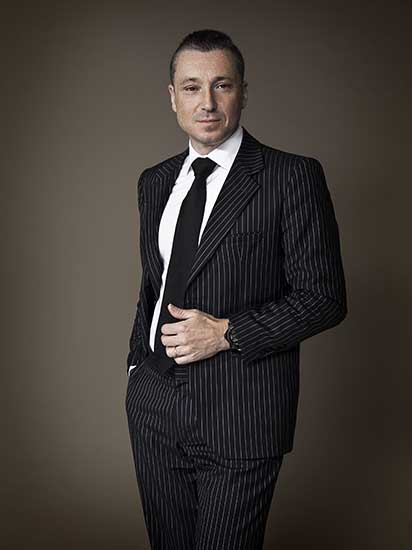
Swiss luxury group Richemont, which earlier owned 60 percent of Roger Dubuis, said in January that it had bought the remaining 40 percent, without disclosing the price.
While some analysts say the move indicates the increasingly difficult situation faced by niche brands, Pontroue says he views it as more of an opportunity.
"It was purely an opportunity to give Richemont the ownership of the company so we can accelerate our development," he says.
"The brand wouldn't be here today if we haven't had Richemont to help us ... in real estate, in distribution, in communication and in hiring the right people. Richemont is involved in many key decisions."
Pontroue says that it is much more challenging now to operate a small brand when the big luxury groups have a majority of the business, but he adds that Roger Dubuis has managed to secure the support of a big group while maintaining its own character of being flexible and energized.
"We are in an industry which requires a lot of funds and resources to make things happen, compared with 10 years ago. The barriers to enter the industry are much higher. The fact that we are with a big group is a major asset. We have access to information, to logistics, IT and people."
Roger Dubuis is mostly known for its extravagant watches priced from 150,000 yuan to nearly 10 million. It makes about 4,500 watches annually, all with the Geneva Seal that certifies origin and standards.
Meanwhile, the brand used Salon International de la Haute Horlogerie 2016, the trade fair of the luxury watch industry, to promote its ultra-feminine Velvet collection, making women's watches its focus this year.
As of now, women's watches account for 30 percent of the brand's business, but are expected to reach 40 per cent within the next two years, says Pontroue.
"We want customers to see us as a brand with extreme creativity, a brand that is daring, extravagant and different. If you have these ingredients, you can do it for both men and women," he says.
The brand has more than 200 points of sales worldwide, among which 21 are boutiques. South Korea, Japan and China are among the company's fastest growing markets, while Switzerland and the United States remain its biggest, says Pontroue.


















































